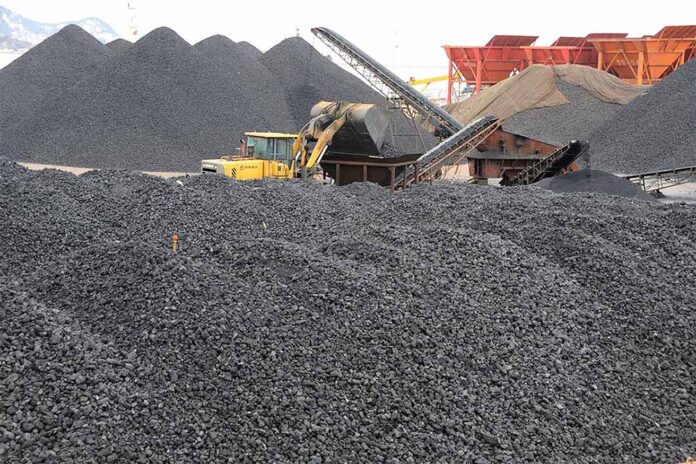THE Center for Energy, Ecology, and Development (CEED) calls on Congress to review and repeal Presidential Decree 972 (PD 972) or the Coal Development Act of 1976, following the recent 20-day temporary restraining order (TRO) granted to Semirara Mining and Power Corp. (SMPC) by the Makati Regional Trial Court.
The TRO halts the government’s collection of duties and taxes on Semirara’s fuel imports, raising concerns about tax fairness, fiscal responsibility, and the government’s climate policies. Under PD 972, coal operators like SMPC are granted specific tax incentives and exemptions designed to promote the development of the country’s coal industry. Semirara’s legal argument relies on these provisions to claim exemption from certain fuel import taxes, despite recent changes in tax laws such as the CREATE Law.
“The law governing coal mining is decades old and no longer fits the country’s climate and fiscal realities,” said Gerry Arances, CEED Executive Director. “What this reflects, supported by the recent court’s TRO, is a legal framework that favors fossil fuel interests over urgent climate needs. Congress must repeal PD 972 to ensure equitable tax enforcement for major polluters and prioritize a just energy transition to address climate change.”
CEED stresses that this call comes at a critical time when the Philippines is striving to strengthen its tax base and accelerate the shift to renewable energy sources. The group also urges the Department of Finance (DOF), Bureau of Customs (BOC), and the Bureau of Internal Revenue (BIR) to carefully assess the broader implications of the recent ruling on tax justice, energy policy, and the country’s climate commitments.
SMPC’s mining operations also have a documented history of social and environmental harm. Notable incidents include the 2013 Panian Pit collapse that killed at least five miners and the 2015 landslide that buried nine workers, underscoring the risks faced by mining communities.
“Our policies must reflect the true costs of fossil fuel extraction, including social and environmental damages,” said Arances. “Repealing this outdated law is not just important, but necessary for protecting communities, driving climate action, and upholding public interest over corporate privileges.” (UnliNews Online)


